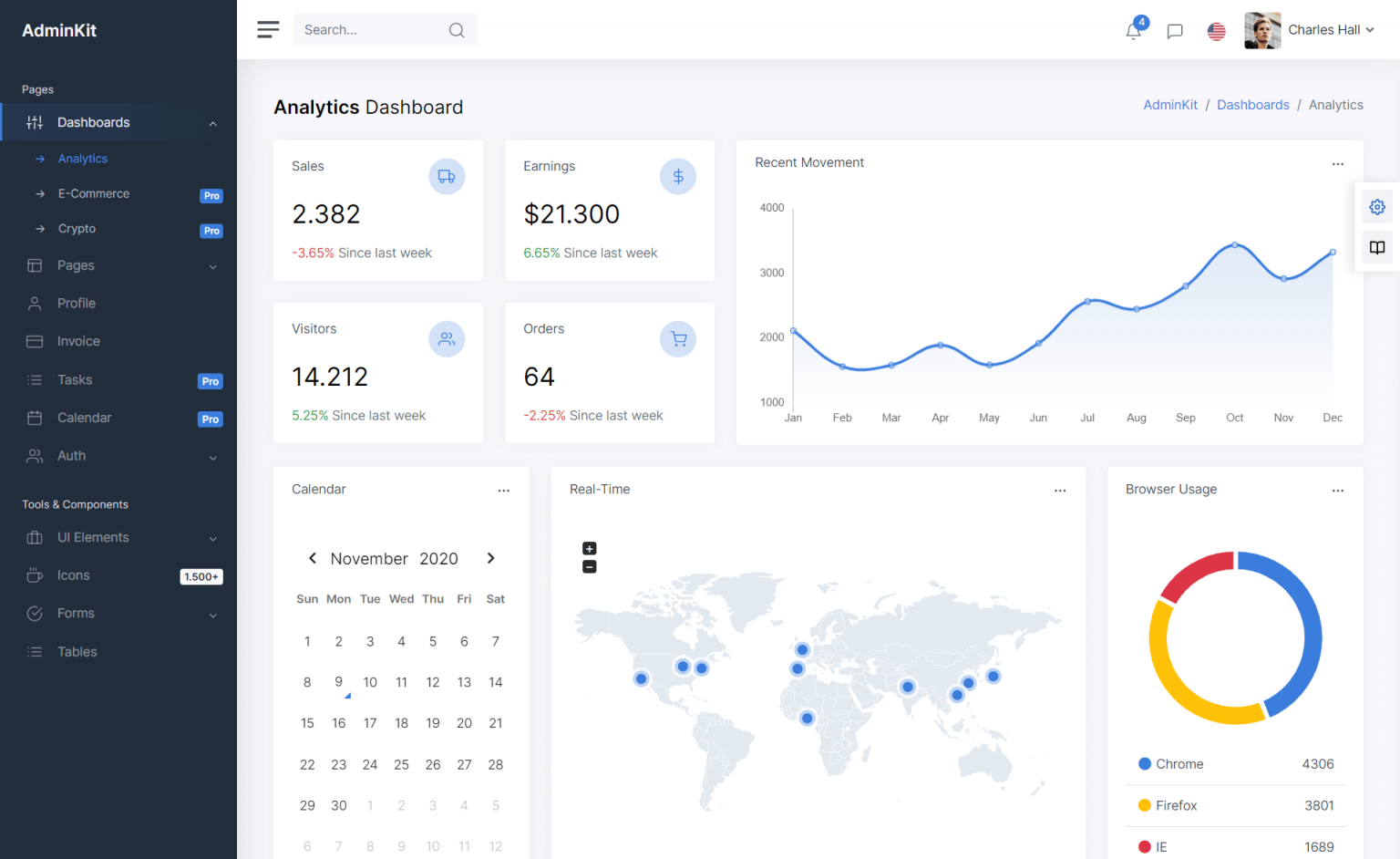How to use decimal precision and scale in EF Code First
By Tan Lee Published on Jul 11, 2024 1.5K
In Entity Framework, when using the decimal data type, there's a default behavior where any values assigned are truncated to zero after the decimal point before storing in the database, leading to issues with ef decimal precision.
C# Decimal Precision and Scale
Precision
- Precision refers to the total number of digits that can be stored, both to the left and right of the decimal point.
- For example, if you define a property as
decimal(5, 2), the precision is5. This means the total number of digits (before and after the decimal) is 5.
Scale
- Scale refers to the number of digits that can be stored to the right of the decimal point.
- For example, in
decimal(5, 2), the scale is2, meaning there are 2 digits after the decimal point.
For instance, if you try to save the value 0.37411 into a decimal column in C#, Entity Framework will truncate .37411 and store only 0 in the database column.
Even if your database column is defined with a higher precision and scale, such as decimal(18, 8), Entity Framework will still truncate any values under the decimal point before saving them. This means that precision beyond the integer part of the number is lost during the storage process.
What is the default decimal precision in EF?
By default, the DecimalPropertyConvention in EF6 maps decimal properties to columns with the type decimal(18, 2).
How to use decimal data type in entity framework in c#
Suppose you have an entity called Product.
public class Product
{
public int Id { get; set; }
public string ProductName { get; set; }
public decimal Price { get; set; }
}Here, Price is of type decimal, which is appropriate for storing monetary values due to its precise decimal representation.
If you want to control the precision and scale, you can use data annotations or the Fluent API to specify them explicitly.
By default, Entity Framework will map the decimal property to an appropriate column type in your database.
To solve the problem of decimal precision and scale in Entity Framework, you can use HasPrecision() in OnModelCreating() method.
For example, using the Fluent API to set precision and scale:
// c# decimal scale
// c# decimal precision ef core
protected override void OnModelCreating(ModelBuilder modelBuilder)
{
// Configure mappings - entity framework hasprecision
modelBuilder.Entity<Product>()
.Property(p => p.Price)
.HasPrecision(18, 8); // specifying precision and scale
// Optionally, other configurations for your entities
}In this example, HasPrecision(18, 8) specifies that the Price property should have a precision of 18 digits in total, with 8 digits after the decimal point.
You can also use the Fluent API in your DbContext class's OnModelCreating method to customize the database mapping for decimal.
// ef core decimal precision
protected override void OnModelCreating(ModelBuilder modelBuilder)
{
// precision decimal scale c#
modelBuilder.Entity<Product>()
.Property(p => p.Price)
.HasColumnType("decimal(18, 8)"); // Example: specifying decimal precision and scale
}To solve the problem of decimal precision and scale in Entity Framework Core, you can add [Column(TypeName = "decimal(18, 8)")] annotation on deciaml property.
For example, using data annotations:
public class Product
{
[Key]
[Required]
public int Id { get; set; }
public string ProductName { get; set; }
// precision decimal ef core
[Column(TypeName = "decimal(18, 8)")]
public decimal Price { get; set; }
}By following these steps, you can effectively use the Decimal data type with Entity Framework in your C# applications.
- SqlException: Cannot insert explicit value for identity column
- How to add a computed column in EF Core
- Applying Migrations Programmatically in EF Core
- Creating a Database and Table in EF Core
- Database Schema Modifications in EF Core
- Adding a Computed Column in EF Core
- Inheritance Mapping in EF Core
- Adding a Foreign Key in EF Core





